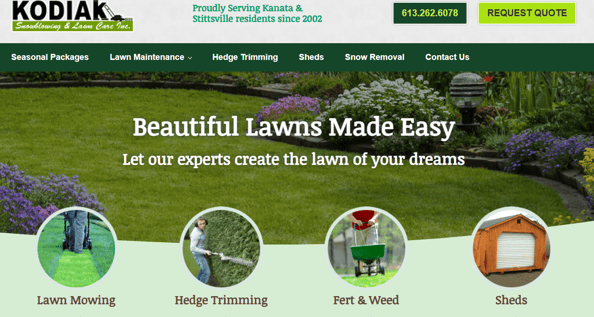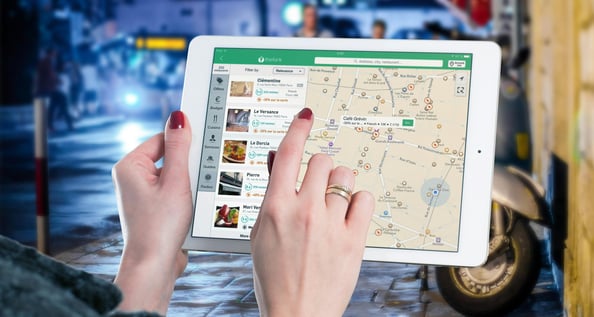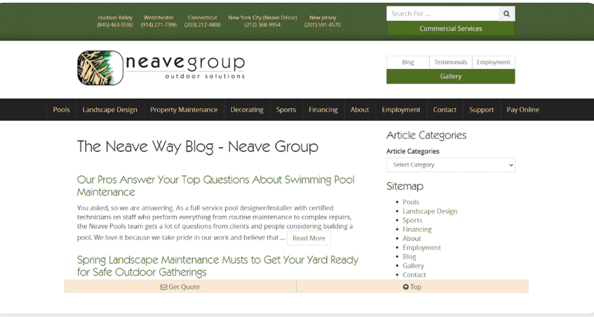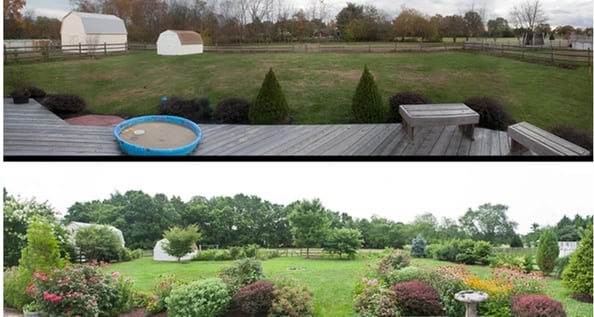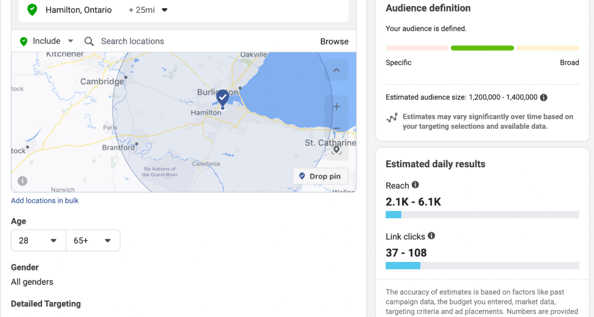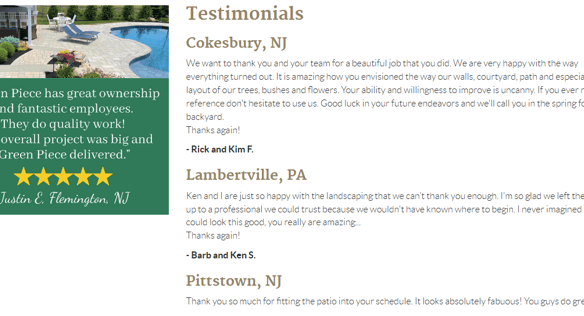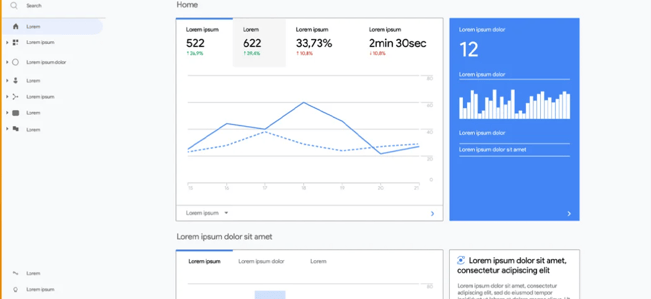10 Proven Marketing Strategies for Landscaping Services
3/7/20256 min read


If you're running a landscaping business, you know how crucial it is to stand out in a competitive market. With the right marketing strategies, you can reach a broader audience, build lasting relationships with customers, and ultimately grow your business. In this article, we’ll dive into 10 proven marketing strategies specifically tailored for landscaping services. Whether you're just starting or looking to refine your approach, these tips will help boost your business visibility and attract new clients.
1. Know Your Ideal Customer
Before diving into any marketing efforts, it's important to understand who your ideal customer is. For landscaping services, your target audience could range from homeowners needing lawn maintenance to commercial clients seeking large-scale landscaping projects. By understanding the demographics of your customers, such as their age, income level, and location, you can create marketing campaigns that speak directly to their needs.
Identifying customer pain points is equally important. Are they struggling with time management for lawn care, or are they seeking environmentally-friendly landscaping options? Tailor your marketing message to address these concerns, and you'll stand out as the solution to their problems.
2. Develop an Engaging Website
In today’s digital age, your website is often the first impression potential customers will have of your landscaping business. A clean, professional, and easy-to-navigate website is essential. Include key features like a clear description of your services, pricing information, and a gallery of your previous work. Make sure your website is mobile-friendly and has a call-to-action (CTA) that encourages visitors to book a consultation or request a quote.
A blog section is also a great addition. It provides valuable content that can educate your audience, such as lawn care tips or design ideas, and helps establish your authority in the landscaping field.
3. Leverage Local SEO
For any local service-based business, local SEO is a game-changer. Most people searching for landscaping services are looking for businesses near them. To ensure your company shows up in local search results, optimize your website with location-specific keywords like "landscaping services in [your city]." Additionally, claiming and optimizing your Google My Business listing is crucial.
By focusing on local SEO, you improve your chances of appearing in the coveted "local pack" on Google, which features businesses near the searcher’s location.
4. Utilize Google My Business
Google My Business (GMB) is a free tool that helps your landscaping business appear in local search results and Google Maps. Setting up a complete and accurate GMB profile with your business name, address, phone number, and hours of operation is vital.
But don’t stop there! Upload high-quality photos of your work, encourage satisfied customers to leave reviews, and respond to feedback promptly. Positive reviews can boost your business credibility and attract new clients.
5. Content Marketing with Blogs
Blogging is a powerful content marketing strategy that can drive traffic to your website. By regularly publishing helpful blog posts related to landscaping, you can position yourself as an expert in your field. For instance, you could write about topics such as "5 Tips for a Perfect Lawn," "How to Choose the Right Plants for Your Garden," or "Seasonal Landscaping Trends."
These blog posts will not only help your SEO efforts but also provide valuable information to your audience, increasing the likelihood of them choosing your services.
6. Social Media Marketing
Social media platforms like Instagram, Facebook, and Pinterest are ideal for showcasing your landscaping work. Share before-and-after photos of your projects, post videos of landscaping tips, or even run live Q&A sessions. Social media is a great way to engage with your audience and create a community around your brand.
Don’t forget to use hashtags related to landscaping services and location-specific tags to increase your posts' visibility. Posting consistently and interacting with your followers can help build trust and loyalty.
7. Paid Ads and PPC Campaigns
Paid ads, particularly pay-per-click (PPC) campaigns on Google, can help drive traffic to your website and generate leads for your landscaping services. Google Ads allows you to target specific keywords related to landscaping, ensuring that your ads show up when potential clients search for relevant services.
Additionally, Facebook and Instagram ads can help you target specific demographics, such as homeowners or businesses in need of landscaping services.
8. Offer Seasonal Promotions
Landscaping services often see changes in demand depending on the season. Offering seasonal promotions is a great way to attract new customers and incentivize repeat business. For example, you could offer discounts on lawn care services in the spring or promotional rates for holiday light installations.
Seasonal promotions create a sense of urgency and can help you stand out during peak times in the year.
9. Network and Partner with Local Businesses
Networking with other local businesses can significantly boost your marketing efforts. For example, partner with local garden centers, real estate agents, or home improvement stores. You could offer joint promotions or referral programs to encourage mutual business.
By building these partnerships, you gain access to new customer bases and strengthen your reputation within the community.
10. Referrals and Customer Testimonials
Word-of-mouth marketing is incredibly powerful in the landscaping industry. Encourage your happy customers to refer their friends and family by offering referral incentives, like discounts on future services. Testimonials are another great way to build trust with potential clients. Ask satisfied customers if they’d be willing to leave a review or record a testimonial.
Positive reviews and referrals can be one of the most effective ways to grow your landscaping business.
11. Host Community Events or Workshops
Hosting local community events or workshops is a fantastic way to build brand awareness and connect with potential customers. Consider offering free workshops on topics like garden maintenance or creating eco-friendly landscapes. Not only does this demonstrate your expertise, but it also creates a positive association with your business in the minds of attendees.
12. Track Results and Adjust Strategies
To ensure your marketing efforts are paying off, it's crucial to track the results of your campaigns. Use tools like Google Analytics and social media insights to measure the success of your efforts. Track metrics like website traffic, conversion rates, and social media engagement.
By understanding which strategies are most effective, you can adjust your approach to maximize results.
Marketing your landscaping business requires a blend of strategies that highlight your expertise, engage your audience, and build long-term relationships. From local SEO to social media marketing, these 10 proven strategies will help you increase visibility, attract new customers, and ultimately grow your business. Remember, consistency and a customer-centric approach are key to long-term success.
FAQs
What are the best marketing channels for landscaping services?
The best marketing channels include local SEO, Google My Business, social media platforms, and paid ads like Google Ads and Facebook Ads.
How do I get more reviews for my landscaping business?
Encourage satisfied customers to leave reviews by offering incentives or simply asking after a job well done.
What should my landscaping website include?
Your website should feature clear service descriptions, a gallery of past work, contact information, and a blog section with valuable tips.
How can I increase my social media engagement?
Post high-quality images, videos, and helpful content regularly. Respond to comments and messages promptly to build a loyal following.
Are seasonal promotions effective for landscaping businesses? Yes, offering seasonal promotions can drive new business during peak times and create a sense of urgency for customers to act.
